Should we introduce Jane Goodall? Founder of the Institute that bears her name and UN Messenger of Peace, her reputation precedes her. Famous for her lifelong work on primates, she advocates a new relationship with nature. In a recent intervention, she challenged all of humanity. The coronavirus crisis has placed us at a crossroads. If we want to survive, we will have to review our relationship with nature and revise all our eating habits. A precious voice to accompany us towards a new world.
Humanity will be "finished" if we don't radically change our food systems in response to the coronavirus pandemic and the climate crisis, warned prominent naturalist Jane Goodall at an online conference on Tuesday, June 2, organized by the NGO Compassion World Farming (CIWF). There is no doubt that the coronavirus has made the leap from animals to humans and that its emergence is intimately correlated with the over-exploitation of the natural world, which has seen forests cut down, species extinct and natural habitats destroyed. It also points to intensive animal husbandry, a huge reservoir of animal diseases that will inevitably spread and harm human society.
Referring to the recent terrible weeks on Covid-19, Jane Goodall said: " We did this to ourselves because of our absolute lack of respect for animals and the environment. ». She insists: " Our lack of respect for wildlife and farmed animals has created this situation where the disease can spread to infect humans. ".
When Jane Goodall talks about nature, you have to listen to her. Here, she's talking about the survival of mankind. « People must abandon factory farming and stop destroying natural habitats as a matter of urgency. "she begs. Our lives as human beings are at stake because our risk is twofold: the threat of disease and the risk of climate collapse.
Nature and man
Three-quarters of the emerging pathogens that infect humans are transmitted by animals, many of which are creatures living in the forest habitats we coupons and burns to clear land for crops but also to build biofuel plants, dig mines and build housing. The further we go in these activities, the more we come into contact with wild animals carrying microbes adapted to kill us. The more we concentrate these animals in smaller areas where they can exchange infectious microbes, the more likely we are to see new strains emerge. Land clearing reduces biodiversity, and species that survive are more likely to harbour diseases that can be transmitted to humans. All these factors will result in the further spread of pathogens from animals to humans.
Stopping deforestation will not only reduce our exposure to new disasters, but will also curb the spread of a long list of other virulent diseases originating in tropical rainforest habitats, including zika, nipah, malaria, cholera and HIV. A 2019 study found that an increase of 10 % in deforestation would increase malaria cases by 3.3 %, or 7.4 million people worldwide. Yet despite years of global protest, deforestation continues to rampant. On average, 28 million hectares of forest have been cut down each year since 2016, and there is no sign of slowing down.
- READ UP'. : COVID-19, Anthropocene and Biodiversity Disease
Industrial agriculture necessarily leads to an increase of superbugs resistant to antibiotics. They represent a danger to human health. This has just been experienced: an unknown virus, presumably transmitted from animals to humans, has not only claimed hundreds of thousands of victims but has brought the economies of almost every country in the world to a standstill. Not to mention the collateral damage to health, safety or freedom, which has not yet been clearly identified and catalogued, but which is appearing everywhere.
" If we don't do things differently, we're finished... ", repeats the famous naturalist. « We can't go on like this for long. ".
Changing our habits
Jane Goodall travels the world all the time. She sees everywhere the misery that is gaining ground. She observes that poverty has a heavy impact on the natural world. Indeed, she explains, " people who have no other choice and are desperate to feed their families will cut down forests to survive, and in urban areas will choose the cheapest food regardless of the harm caused by its production, because they have little other choice ». When poverty is rife, war is not far away. In many countries, conflicts ravage not only people but also nature. Elsewhere, in the better-off regions, it is ultra-consumerism, the accumulation of things and their waste, the way we eat that lacer the integrity of our environment.
Our societies must change their habits and develop what the philosopher Corine Pelluchon calls an "ethic of consideration" towards nature..
- READ UP'. : For an economy of consideration
Eating less meat will certainly improve our health, but it will also reduce the demand for crops and pasture. Eating less processed food will reduce demand for palm oil - also an important feedstock for biofuels - much of which is grown on clear-cut land in tropical forests. The need for land will also decrease if countries slow down their population growth, which can only happen in developing countries if women receive better education, equal social status with men and easy access to affordable contraception.
Producing more food per hectare can boost supply without the need to clear more land. The development of more drought-resistant crops will be crucial, especially as climate change leads to longer and more severe droughts. In dry regions of Africa and elsewhere, agroforestry techniques such as planting trees in agricultural fields can increase crop yields. Reducing food wastage could also greatly reduce the pressure to grow more crops; 30 to 40 % of all food produced is wasted.
" We have reached a turning point in our relationship with the natural world ", Jane Goodall warns in the form of a warning. We only have a small window of opportunity to make drastic changes before we face disaster. « One of the lessons learned from this crisis is that we need to change our habits... ». This requires a radical change in our diets, a refusal to buy products from industrial agriculture that do not respect nature. Changing to enter a virtuous circle." Beneficial for animals, the planet and the health of our children. ".
The Covid-19 pandemic was a disaster in the form of a demonstration of the inordinate damage caused by pathogens released from nature. But it is to be hoped that this crisis will at least have one merit: that of drawing our attention to the immense benefits that humanity could derive from preventing itself from upsetting the natural world and the ecosystem of life on Earth.

Source: The Guardian, Scientific American
Header image: photo Tony Burrows


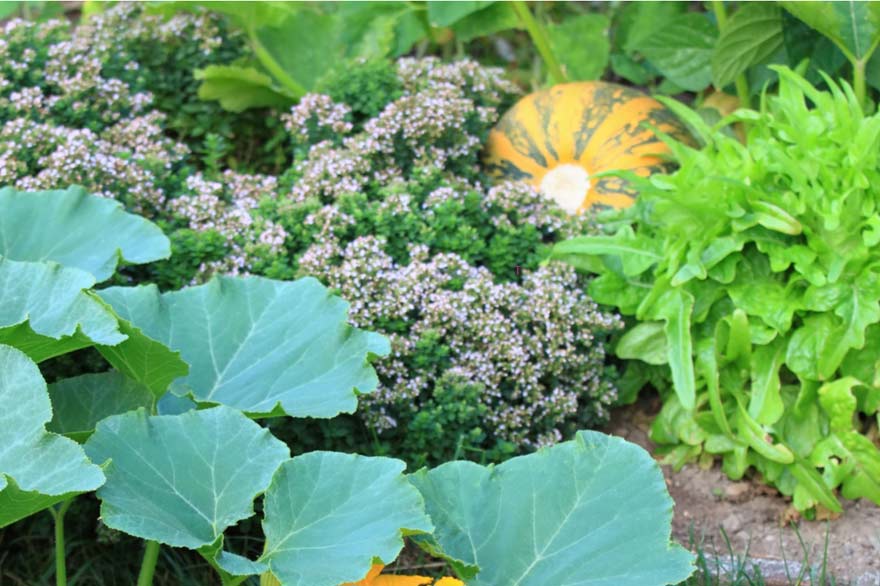
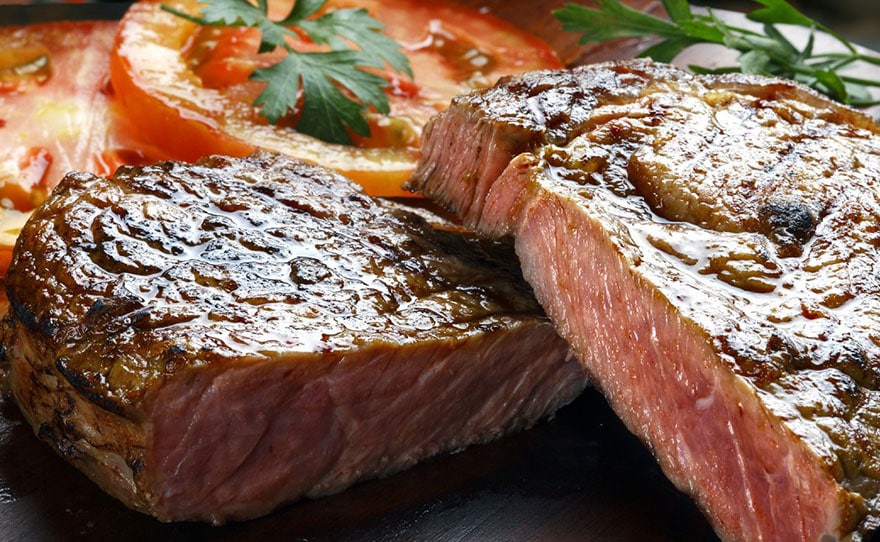
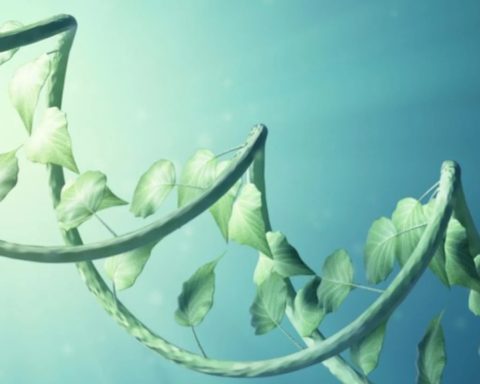
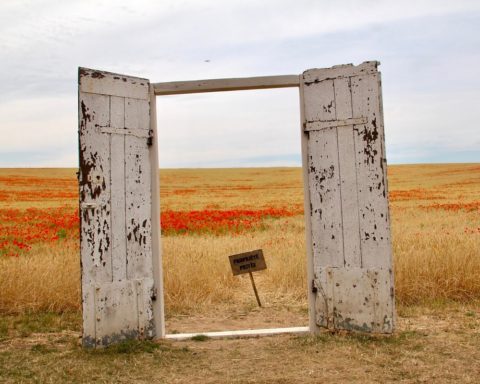

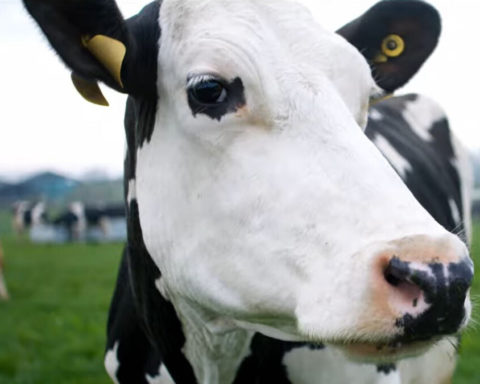
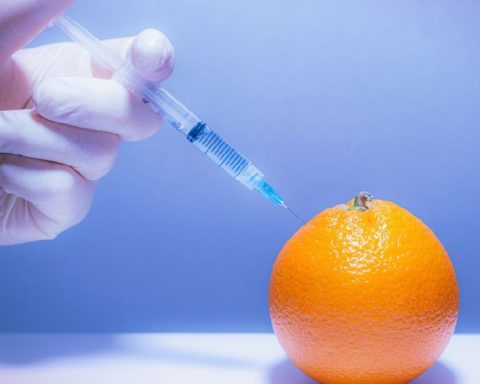




In order not to remain at the stage of good intentions or laudable objectives, but to set in motion the movement for a "New Deal", it is necessary to act. Even if few stress it, we should start by completing our fundamental principles (recalled in the Preamble of our constitution) which certainly draw us at the present time a society of liberties on all levels but which are now insufficient because we are no longer in 1789, 1945 or even 1958. The stakes are different. To find out more, see "The Day After - For a New Deal, Acting on our Fundamental Constitutional Principles".… Read more "